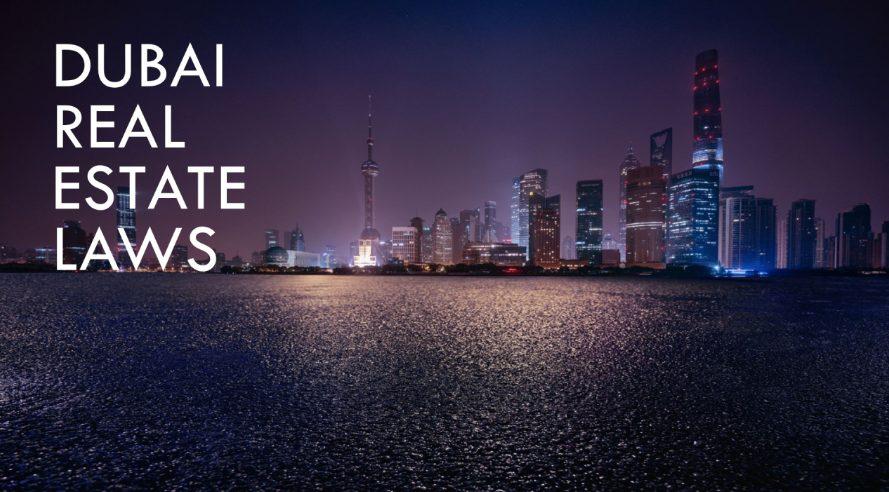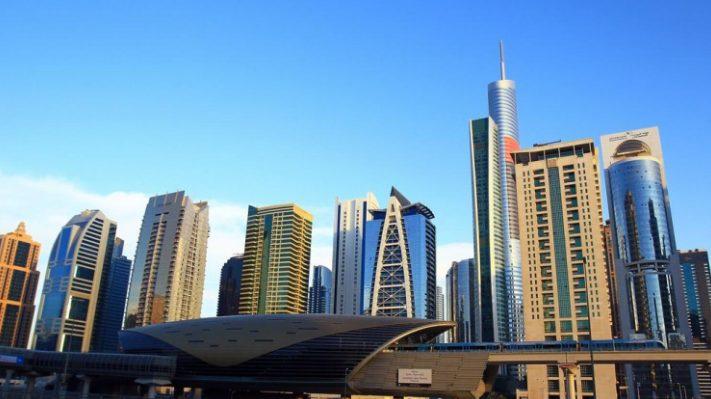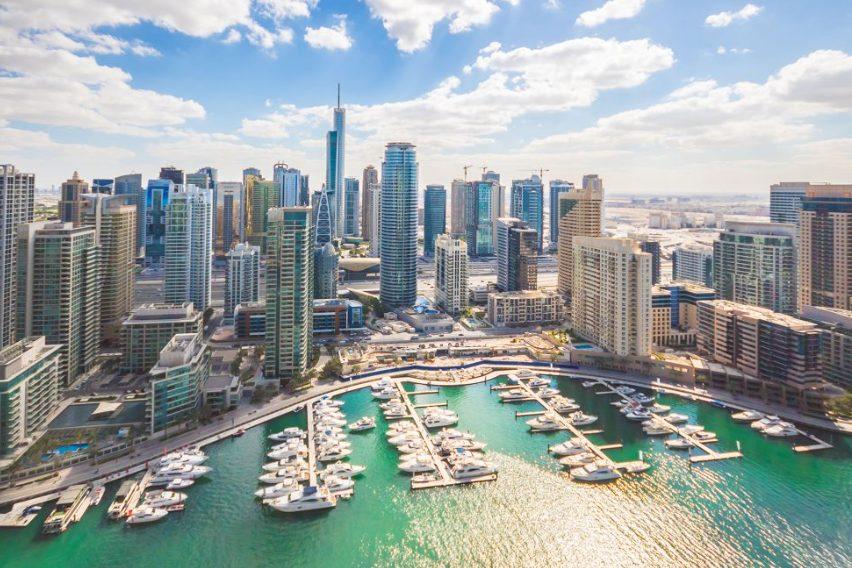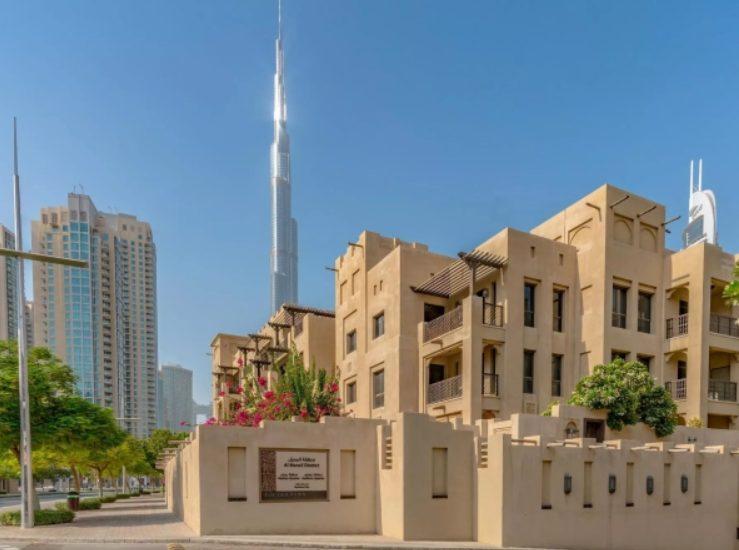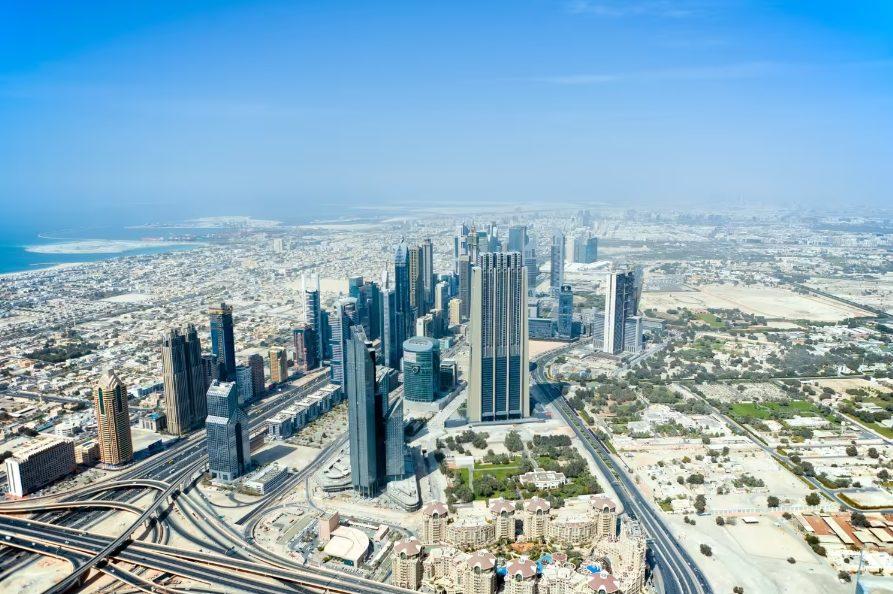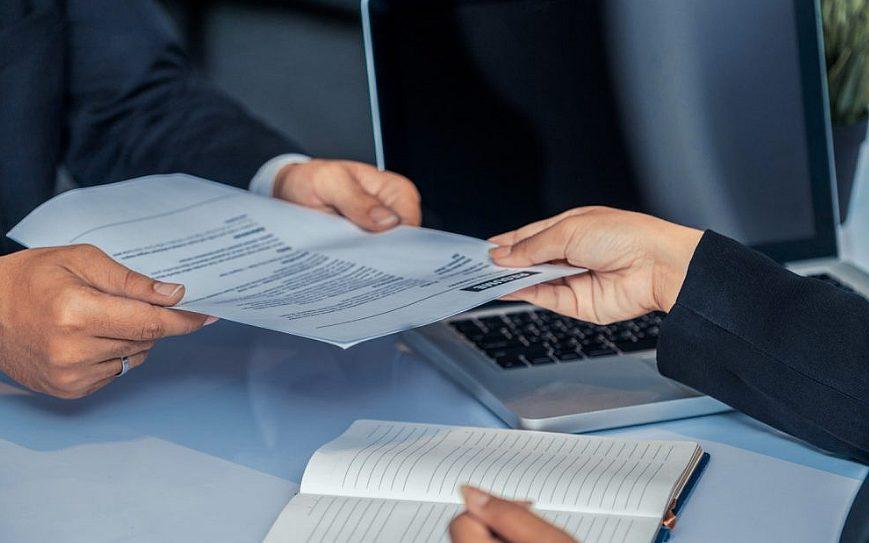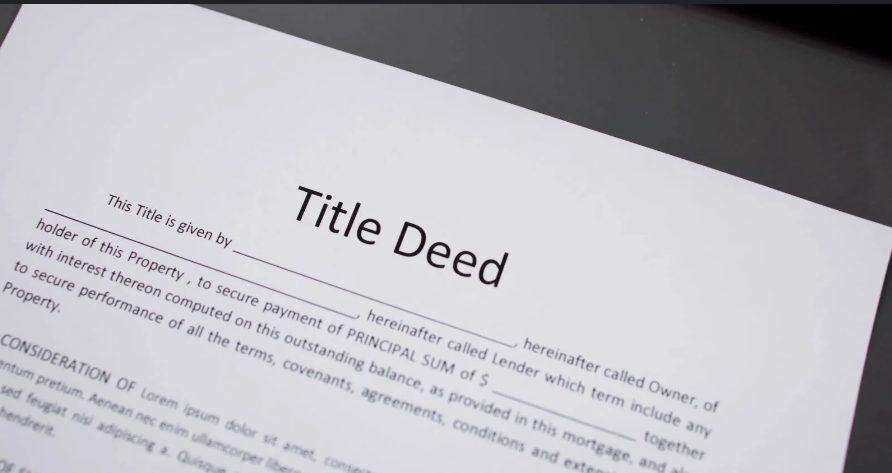
Why Title Deeds are Important for Property Buyers in Dubai
Knowing the importance of title deeds is essential when purchasing real estate in Dubai. I can’t emphasize enough how crucial it is to understand what a title deed is and why “Why Title Deeds are Important for Property Buyers in Dubai” is necessary for any property buyer in this dynamic market, having gone through the purchasing process myself. Also see: Dubai Property Ownership Laws for Expats: What You Need to Know What is a Title Deed? One legal document that proves property ownership is a title deed. It is issued by the Dubai Land Department (DLD) in Dubai and contains important details such the property’s description, ownership information, and any mortgages or encumbrances that are connected to it. In essence, it is the official document attesting to your ownership of the property. Legal Protection Title deeds are important primarily because they give buyers of real estate legal protection. You can assert your ownership rights with confidence and have the legal support you need to protect your interests if you have a legitimate title deed. For instance, holding the title deed will be your first line of defense in any legal procedures if there is ever a dispute about who owns your property. Also see: The Most Affordable Communities for Expats to Buy Property in Dubai Ensuring Property Authenticity It’s crucial to make sure the property you’re purchasing is genuine and not connected to any fraudulent activity in a busy market like Dubai, where there are many properties available. The seller’s legal right to sell the property is confirmed by a title deed, which serves as a verification tool. Request to see the title deed before completing any purchase. By doing this, you can avoid becoming a victim of fraud or buying properties whose ownership is questionable. Facilitating the Buying Process The procedure of purchasing real estate in Dubai is usually simple, but having the title deed makes it even easier. Several steps in the purchasing process require the title deed, including: Also see: The Ultimate Guide to Off-Plan Properties in Dubai Registration with DLD: You must provide the title deed to the DLD in order for them to formally register your property and have it acknowledged in your name. Getting Mortgages: Lenders will need a copy of the title deed if you’re looking for financing for the purchase of your home. They need this paperwork in order to evaluate the property’s worth and establish the mortgage’s terms. Transferring Ownership: In order to transfer ownership from the seller to you, a title deed is required. Without it, the transfer procedure may get convoluted and possibly lead to future legal problems. Understanding Your Rights Having a title deed gives you specific rights as a property owner in addition to confirming your ownership. For example, if you possess a title deed, you are entitled to: Also see: Why Dubai Silicon Oasis is the Perfect Place to Invest Sell or Rent the Property: There are no legal restrictions on your ability to sell or rent your property. Make Changes: You are allowed to alter or enhance the property as you see fit, as long as you abide by the rules established by the local government. Access Services: To make it easier for you to manage your investment, title deeds are frequently needed in order to access a variety of services, including property management and utility connections. Protecting Your Investment When you make a large financial investment in real estate, the last thing you want is to run into ownership-related problems. Title deeds are essential for safeguarding your investment because they give you the legal records you need to stand up for your rights. You’re protecting your investment over time by keeping your title deed safe and secure. Also see: The Best Areas to Buy Family-Friendly Homes in Dubai In conclusion In conclusion, title deeds are crucial for Dubai real estate purchasers. They expedite the purchasing process, guarantee the validity of the property, offer legal protection, act as proof of ownership, and confer ownership rights. Make sure you comprehend the importance of the title deed and that you obtain it upon purchase before completing any real estate deal. It can be an exciting journey to navigate the Dubai real estate market, and being well-versed in “Why Title Deeds are Important for Property Buyers in Dubai” can enable you to make wise choices. Happy looking for a home! I hope your investing adventure is fruitful and easy!


